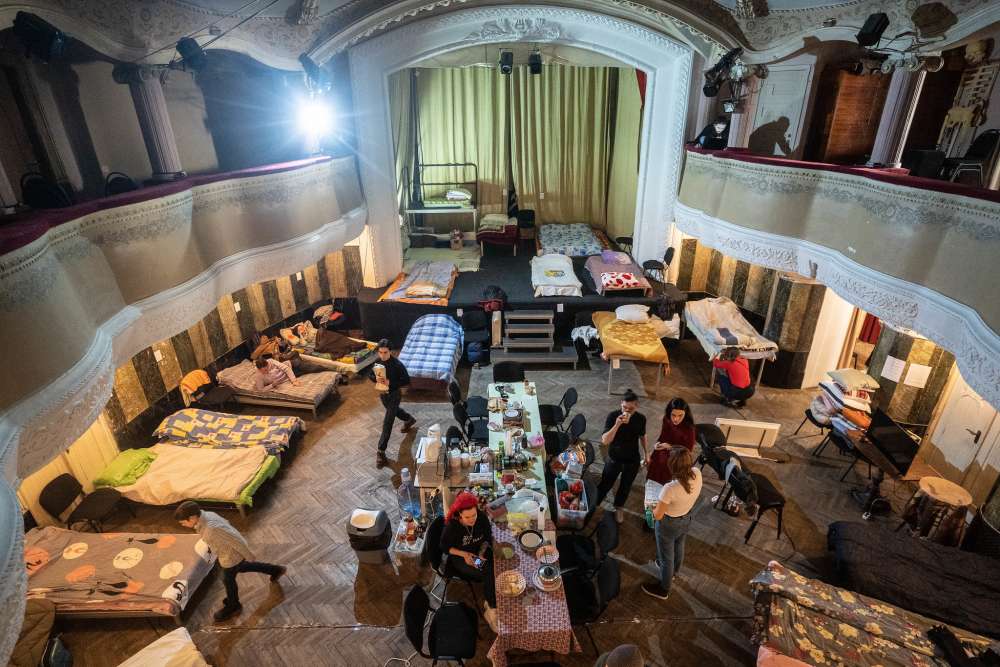Gender Considerations in the International Response to Russia’s Full-Scale Invasion of Ukraine

This brief examines how international organizations in Ukraine have integrated gender considerations into their work following Russia’s full-scale invasion. Using the concept of gender-sensitive assistance to refer to actions that advance the rights and address the vulnerabilities of women, girls, men, boys, queer persons, and survivors of gender-based and sexual violence, it considers how gender has intersected with other sources of inequality, such as age, minority status, socioeconomic disparities, membership in the LGBTQ+ community, or disability.
The brief identifies several challenges to the delivery of gender-sensitive international assistance in Ukraine, such as: the difficulty of navigating a complex landscape of local partners that has included newly formed and informal civil society organizations; the balancing act of supporting local initiatives without displacing the burden onto overworked Ukrainian activists; the need to achieve a balance between male and female international aid workers at hardship duty stations across Ukraine; the dearth of international aid workers with knowledge of the Ukrainian language and context; and the challenge of raising sensitive questions about gender equality with the Ukrainian government while it withstands the Russian invasion.
The brief recommends that international actors:
- Advocate for sustainable peace for the restoration of Ukraine’s territorial integrity to reduce the number of Ukrainians exposed to Russian occupation;
- Engage with Ukrainian civil society as equal partners in determining priorities for international assistance;
- Hold difficult conversations about human rights with national partners even in times of war and beyond; and
- Consider intersectionality when delivering gender-sensitive assistance.
The full brief is available for download in English and Ukrainian.
This is the seventh policy brief in our series“Feminist Perspectives for Supporting Ukraine.” The corresponding project is supported by the Stabilisation Platform, which is funded by the German Federal Foreign Office. It also builds on GPPi’s previous research on the conflict in Ukraine and feminist foreign policy.
About the authors:
Dr. Kseniya Oksamytna is a Senior Lecturer in International Politics at City, University of London, and a Visiting Research Fellow within the Conflict, Security and Development Research Group at King’s College London. Kseniya’s research interests include international organizations, international security, and peacekeeping.
Dr. Felicity Gray is the current Global Head of Policy & Advocacy for Nonviolent Peaceforce (NP). She has previously worked for NP as the Start-up Director in Ukraine as well as as Team Leader in Bentiu, South Sudan, the largest displacement camp in the country.







